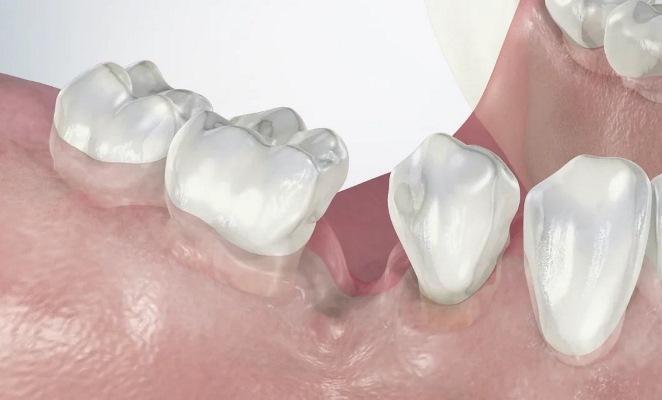Researchers have found that a non-antibiotic derivative of erythromycin may help restore bone tissue lost due to age-related periodontitis, potentially leading to new treatments for bone loss disorders.

Aging is known to increase people's susceptibility to chronic inflammatory diseases associated with bone loss, including periodontal disease. However, researchers from Niigata University and the University of Pennsylvania recently discovered that a non-antibiotic derivative of macrolide antibiotics can help regenerate bone that has been lost due to age-related periodontitis. Their work may contribute to the development of new therapeutics to treat bone loss disorders.
“The motivation for this study is rooted in the understanding that the prevalence of tooth loss due to periodontal disease and fractures in our rapidly aging society significantly reduces quality of life,” said study co-author Professor Tomoki Maekawa, who works at the Center for Advanced Oral Sciences at Niigata University. .
Developmental endothelial locus-1 (DEL-1) is an extracellular matrix protein that helps reduce inflammation and repair tissue. However, with age, its production decreases, which affects bone regeneration and the ability to form new bones in older people. Researchers previously tracked DEL-1 expression in periodontal tissue of mice of different ages and observed that DEL-1 expression gradually decreased with age. In the present study, they demonstrated that local administration of a special form of DEL-1 into the gums of aging mice significantly improved their bone tissue regeneration.
They then administered macrolides such as erythromycin and its non-antibiotic derivative EM-523 to 18-month-old mice and monitored their DEL-1 levels. This restored DEL-1 levels in the treated mice and thus promoted bone regeneration that had been lost due to natural age-related periodontitis.
The findings indicate that the use of macrolides, and in particular the macrolide derivative compound EM-523, to target DEL-1 expression may be an effective strategy for promoting bone regeneration in older adults. Because EM-523 has non-antibiotic properties, researchers believe it may cause fewer adverse reactions and may additionally help prevent antimicrobial resistance.
“The use of drugs with established safety profiles may lead to the early development of an effective agent for bone tissue regeneration. We hope that macrolide-based molecules can be developed as a treatment option for periodontitis in the future,” concluded Professor Maekawa.
